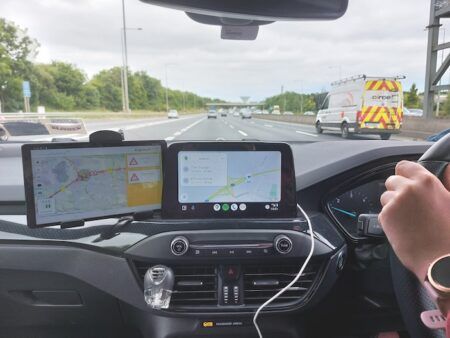The European Commission (EC) is taking action for a fundamental modernization of European mobility and transport, with the aim of helping the sector to stay competitive in a socially fair transition toward clean energy and digitalization.
Mobility has a major influence on the daily lives of European citizens and directly employs more than 11 million people. Yet, the sector is undergoing a number of technological, economic and social transformations whose pace is accelerating. To harness these changes, the Commission has adopted a long-term strategy, ‘Europe on the Move’, to deliver smart, socially fair and competitive mobility by 2025. The EU will drive this transition through targeted legislation and supporting measures, including infrastructure investment, research and innovation.
The ‘Europe on the Move’ strategy is a wide-ranging set of initiatives that will:
Make traffic safer;
Encourage smart road charging;
Reduce CO? emissions, air pollution, and congestion;
Cut red-tape for businesses;
Fight illicit employment and ensure proper conditions and rest times for workers.
The long-term benefits of these measures will extend far beyond the transport sector by promoting growth and job creation, strengthening social fairness, widening consumers’ choices, and putting Europe on the path toward zero emissions.
The strategy is accompanied by a first series of eight legislative initiatives specifically targeting road transport. This sector is of particular importance, as it directly employs five million Europeans, while contributing to almost a fifth of the EU’s greenhouse gas emissions.
The Commission also intends to promote seamless mobility solutions, so that citizens and businesses can travel easily across Europe. These include interoperability between tolling systems that will enable road users to drive throughout the EU without having to be concerned by different administrative formalities. Common specifications for public transport data will also allow passengers to better plan their journey and follow the best route, even if it crosses a border. The first batch of initiatives will be complemented over the next 12 months by other proposals, including on post-2020 emissions standards for cars and vans, as well as the first-ever emission standards for heavy-duty vehicles.
“Our reforms help decrease the socio-economic costs of transport, like time lost in traffic, road fatalities and serious injuries, health risks from pollution and noise, while serving the needs of citizens, businesses and nature,” explained European Commissioner for Transport, Violeta Bulc. “Common standards and cross-border services will also help make multimodal travel a reality across Europe.”




